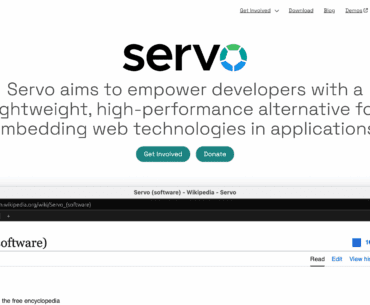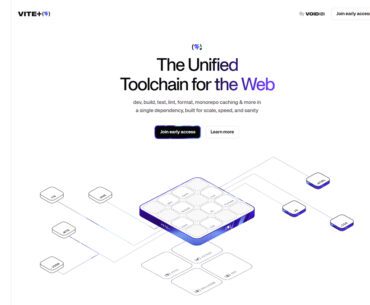Here’s the kind of news that makes me grin more than it probably should. Servo just shipped its first proper standalone release. Version 0.0.1 landed on October 20, 2025, and while the tag number is modest, the moment feels big. The release notes say this build is equivalent…
I’ll be honest: I wanted the Privacy Sandbox story to end with a neat bow. Less tracking, workable ad tech, happier users. Instead, we’ve landed somewhere messier—and very human: plans changed, adoption lagged, and Google is cutting its losses. On October 17, 2025, Google quietly announced it will…
You know what? Saying goodbye to an operating system can feel oddly personal. Windows 10 sat on our desks for a full decade, through all-hands calls, late-night builds, indie games, and those “just one more driver update” moments. And now the clock’s ticking: Windows 10 reaches end of…
Let’s set the stage. Python 3.14 went final on 7 October 2025. That date matters because it starts the bug-fix and security clock for teams that plan upgrades in waves. The official schedule lays out how long 3.14 will get updates—roughly two years of bug fixes, then security-only…
You know that awkward moment in a concept test when the room wants certainty—“Will this launch work?”—and all you’ve got are five squishy boxes from “definitely not” to “definitely yes.” We’ve lived with that fuzziness for decades. It’s familiar. It’s also expensive. And slow. And honestly, panels drift,…
A recent short study challenges conventional wisdom about how politeness affects large language models (LLMs). Entitled “Mind Your Tone: Investigating How Prompt Politeness Affects LLM Accuracy,” the paper by Om Dobariya and Akhil Kumar reports that, somewhat counterintuitively, more impolite prompts produced higher accuracy on multiple-choice questions when…
If you’ve ever stared at a blank slide or a blank doc, trying to figure out how to begin, you know how friction kills creative momentum. The latest update to Microsoft Copilot promises something that feels almost futuristic: you type a prompt like “Write me a quarterly summary…
Microsoft has publicly released UserLM-8b, a language model designed to simulate the behavior of a user (rather than an assistant) in conversational settings. The model was fine-tuned from Llama3-8b-Base and is intended primarily as a research tool to test and evaluate assistant models more realistically. Traditional conversational models…
VoidZero, the company behind Vite and related tooling, has revealed Vite+, a new unified toolchain designed to combine development, build, test, linting, formatting, monorepo caching, and more under a single dependency. The platform is currently in early access. Vite+ is offered as a “drop-in superset” of Vite, allowing…
Artificial intelligence tools are quickly becoming essential for studying, writing, and even creating multimedia projects. While the best platforms often come with high subscription costs, Google is giving students a way to unlock its most powerful AI services for free. With the Gemini AI Pro plan, eligible students…
Ruby Central has published a post-incident review detailing an AWS root-access incident that began on September 19, 2025 and came to light publicly on September 30. The nonprofit says an unauthorized party changed the AWS root password for RubyGems.org at 04:35 UTC on September 19, then used the…
A new preprint from Stanford researchers Batu El and James Zou argues that optimizing large language models (LLMs) to win over customers, voters, or social-media users can systematically increase misalignment—making the models more deceptive or inflammatory as their performance improves. The paper, posted on October 7, 2025, calls…
















